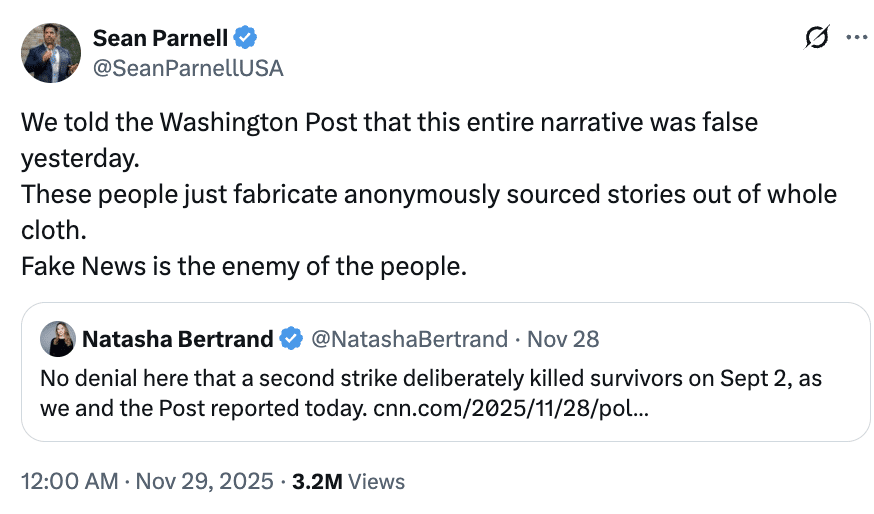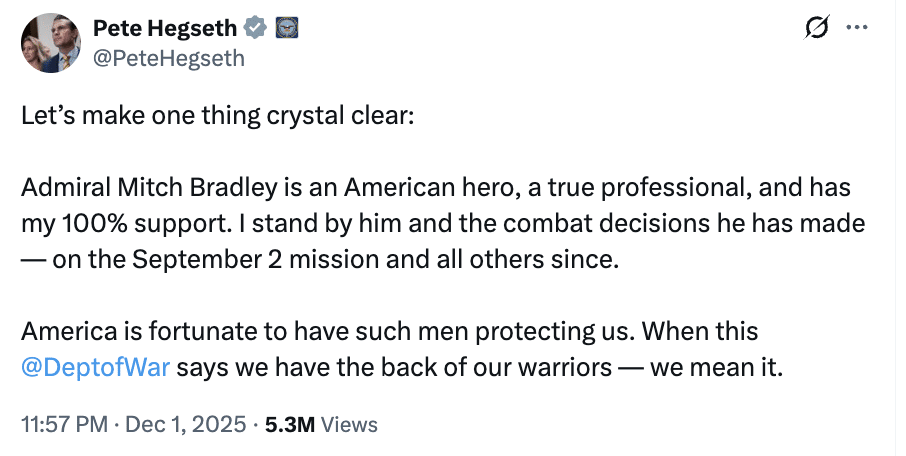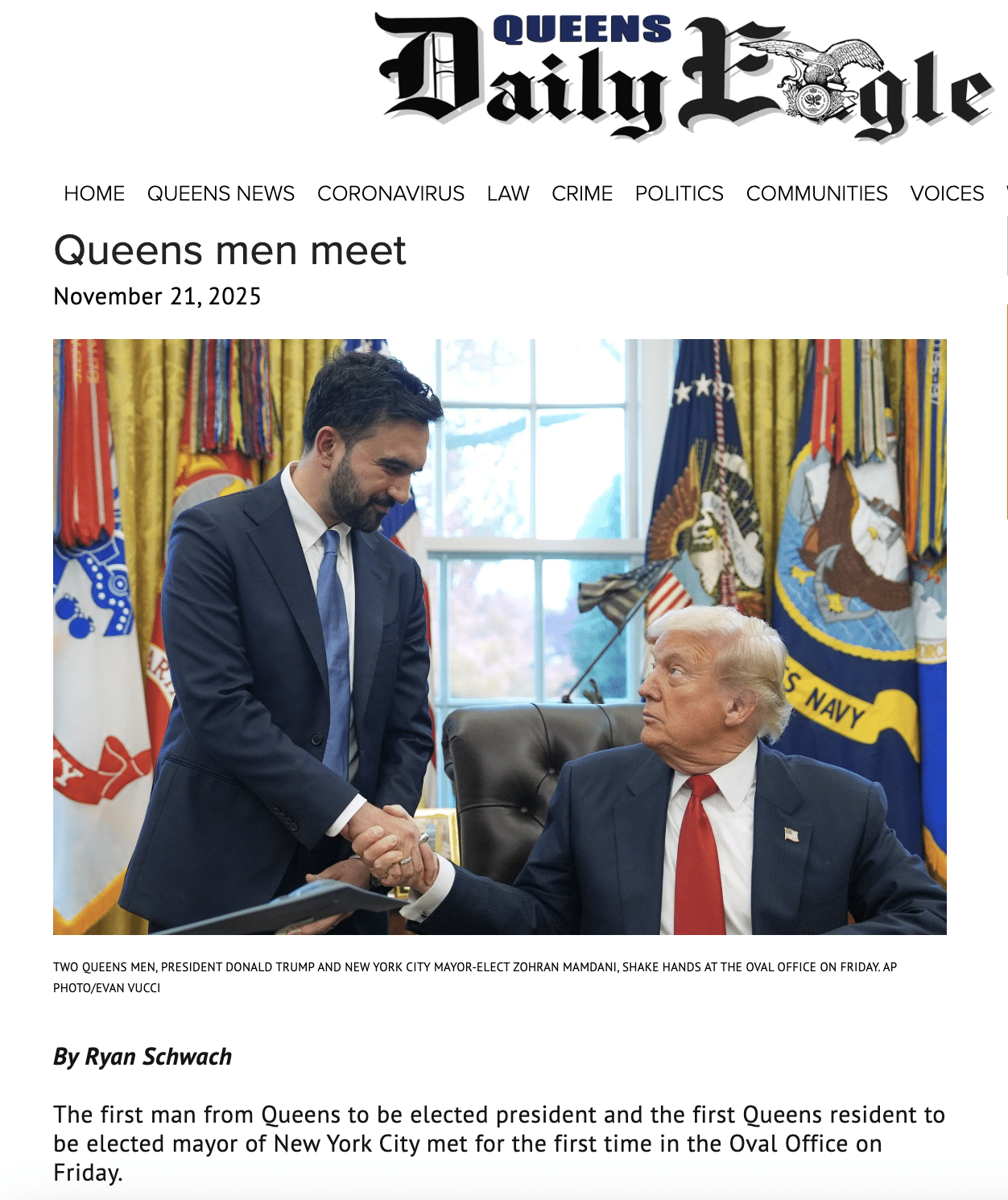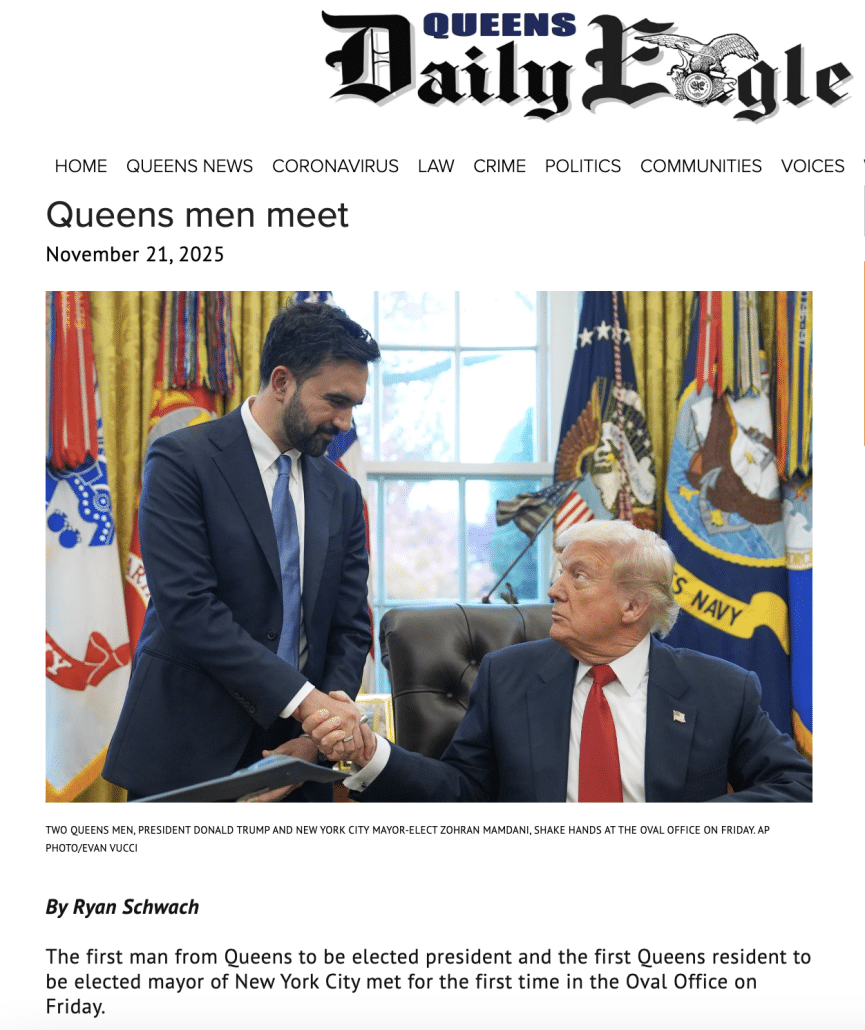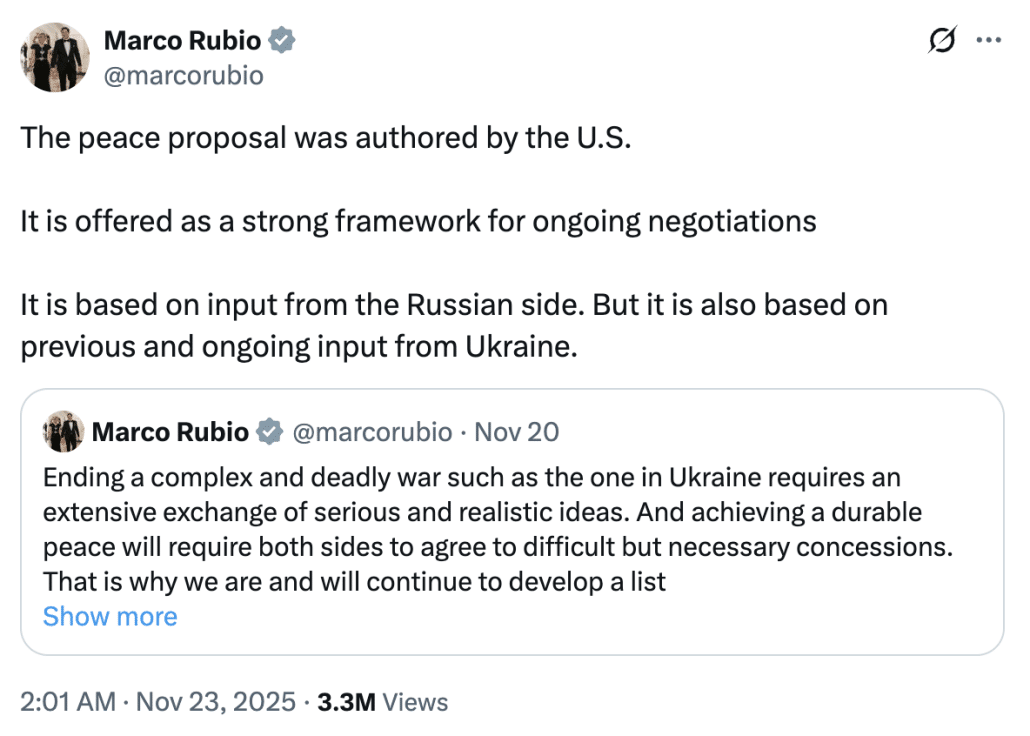On Eve of Illegal Venezuelan Invasion, Pete Hegseth Utterly Destroys His Ability to Lead It
/110 Comments/in 2028 Presidential election, War, Weaponized DOJ /by emptywheelI think the trajectory of the last few weeks has been lost in the serial disclosures, so I want to summarize them here.
Mark Kelly and five other Democrats made a video reminding service members they can refuse illegal orders
On November 18, Elissa Slotkin released a video in which she and five other former military or intelligence officers — Mark Kelly, Chris DeLuzio, Maggie Goodlander, Chrissy Houlahan, and Jason Crow — reminding that they can refuse illegal orders.
One of the tactics Republicans chose to use in response was to demand that the members of Congress describe what illegal orders had been given.
An even stupider tactic was to move to prosecute the six, in Kelly’s case (because his retirement makes him susceptible to such a thing), threatening to withdrawn him from retirement to courtmartial him.
Trump and Pete Hegseth chose to give Kelly, a genuine hero, likely presidential candidate, and far more of a man than either of them, a bigger platform and fundraising draw.
WaPo publishes the first double tap story
The video from the six Democrats was likely focused on orders to target Americans, not Venezuelans (or Colombians or Trinis, all of whom have been targeted in the murderboat strikes); it specifically describes that the Trump Administration is pitting the military and intelligence community against American citizens.
But then WaPo described Pete Hegseth — verbally — giving the quintessential illegal order.
The longer the U.S. surveillance aircraft followed the boat, the more confident intelligence analysts watching from command centers became that the 11 people on board were ferrying drugs.
Defense Secretary Pete Hegseth gave a spoken directive, according to two people with direct knowledge of the operation. “The order was to kill everybody,” one of them said.
A missile screamed off the Trinidad coast, striking the vessel and igniting a blaze from bow to stern. For minutes, commanders watched the boat burning on a live drone feed. As the smoke cleared, they got a jolt: Two survivors were clinging to the smoldering wreck.
The Special Operations commander overseeing the Sept. 2 attack — the opening salvo in the Trump administration’s war on suspected drug traffickers in the Western Hemisphere — ordered a second strike to comply with Hegseth’s instructions, two people familiar with the matter said. The two men were blown apart in the water.
The initial response to this was the same tactic that has gotten Trump where he is: to attack the press, claiming it was fake.
Trump promises to pardon Juan Orlando Hernández, destroying pretext for war
Meanwhile, Trump totally undercut the premise behind over a year of targeting Venezuela.
There were always problems with Trump’s pretense for the murderboats and planned Venezuelan invasion, which is that Venezuela’s government leads a cartel of narcotraffickers that amounts to an invasion of the United States.
At first, Stephen Miller’s bullshit about Venezuela was rooted in false claims about Tren de Aragua. Perhaps because the Intelligence Community publicly debunked those claims (but not before Miller relied on his bullshit to send 200 mostly-innocent men to a concentration camp, where they were tortured), Miller moved onto a new predicate. Nicolás Maduro wasn’t in charge of Tren de Aragua, Miller decided; he was in charge of Cartel de los Soles.
Tren de Aragua at least exists, albeit not in anywhere near the numbers of slumlord residents as Miller has claimed. It’s not at all clear CdlS does. Plus, if it does exist, it traffics in cocaine, not fentanyl, the claimed invading drug that justifies treating drug trafficking as war (almost no right wing Senators understand this problem, which would be hilarious if it weren’t about to become the new Yellowcake).
But then Trump promised to pardon former Honduran President Juan Orlando Hernández, who actually did what Trump claims Maduro is doing, who was convicted of it, who was sentenced to decades in prison.
You cannot credibly claim to give a fuck about drug trafficking when you’re freeing major traffickers. I mean, Trump doesn’t care, but the men and women risk their lives and their liberty have to attend to the likelihood they’ll be left holding the bag for Trump’s crimes.
White House concedes the double tap but defends Hegseth
Then, as Congress — led by Senate Armed Services Committee Chair Roger Wicker — begins to investigate the operation, demanding the full video of the strike and testimony from those involved, and as legal experts made it clear that this was not just a war crime, but murder, the White House changed tack. Trump knew nothing, wouldn’t have wanted it to happen, but in fact it did happen but Pete Hegseth didn’t give the order.
While NYT was publishing a story laundering Hegseth’s claims (that he did not specifically order the murder), WaPo was back with quotes from service members recognizing that Hegseth had begun underbussing his subordinates, especially Admiral Frank Bradley.
“This is ‘protect Pete’ bulls—,” one military official, who, like others, spoke on the condition of anonymity to discuss internal conversations, told The Post.
Leavitt’s statement “left it up to interpretation” who was responsible for the second strike that killed the two survivors, a separate military official said, imploring the White House to provide clarity on the issue.
One official said of Leavitt’s statement, “It’s throwing us, the service members, under the bus.” Another person said some of Hegseth’s top civilian staff appeared deeply alarmed about the revelations and were contemplating whether to leave the administration.
Hegseth, writing on social media Monday night, said he stands by the admiral “and the combat decisions he has made — on the September 2 mission and all others since.” His statement is likely to deepen the sense of furor among military officials who suspect Hegseth is attempting to insulate himself from any legal recourse and leave Bradley — whom the secretary called “an American hero, a true professional” — to account for the fallout alone.
Whiskey Pete even posted a tweet claiming to have Bradley’s back while emphasizing that Bradley made the decision.
CIA’s disavowal of Rahmanullah Lakanwal
This comes amid several reports that Rahmanullah Lakanwal, the accused killer of two National Guard members last week, had done terrible things for the CIA, but then was abandoned by John Ratcliffe’s CIA before declining into bouts of depression in advance of the attack.
The struggles to start over, leave the war behind, and find work were ever present. Lakanwal was fired from his job at a laundromat because he lacked a work authorization card despite being approved for asylum and authorized to work by the Trump administration, according to his former unit mate, who fought alongside him for more than a decade.
[snip]
About a month ago, Lakanwal told his unit mate that his inability to work due to missing immigration paperwork meant his family couldn’t afford rent or food. He resorted to borrowing money from friends and former unit members, and during the conversation, he broke down in tears from frustration and desperation, his unit mate said.
“Every time, like looking [for] somebody [to] help for documents, somebody [to] help for pay the rent, he’s not going to work,” the Afghan unit mate said.
His unit mate said Lakanwal sought help in June from a CIA program designed to aid Zero Unit veterans with immigration issues. Rolling Stone reviewed a screenshot of the group chat in June where Zero Unit veterans shared information with a CIA representative about ongoing issues. Lakanwal posted messages asking for help. His last post went unanswered and was deleted by the chat’s administrator.
None of this excuses the killing. It just makes clear that Lakanwal is one of thousands of men damaged by America’s war on terror who needs — in this case, needed — help before something terrible happens. Nigel Edge, the former Marine sniper who shot up a club from his boat in Cape Fear in September, is another one.
Mark Kelly models leadership
Meanwhile, precisely because Trump and Hegseth chose to attack Kelly, he was able to stage a press conference for little other reason than to attack Trump and Hegseth’s leadership failures.
That included addressing the double tap, in which he mostly deferred to investigations, but still upheld the import of international law.
We don’t know how all this will end.
What we do know is that, in advance of a likely demand that service members do something patently illegal, Pete Hegseth has made it clear he’ll sacrifice everyone to save himself.
“Groceries,” and Other Secrets of Managing Donald Trump
/58 Comments/in 2026 Mid-Term Election, 2028 Presidential election, Epstein, Ukraine /by emptywheelThree things happened in the last week that have befuddled a lot of observers, but which might best be understood as the kinds of developments we’ll see increasingly as the power structure around Trump grows fragile and fluid:
- A positively giddy Trump welcomed Zohran Mamdani to the White House
- “The White House” rolled out yet another plan to sell out Ukraine to Russia
- Marjorie Taylor Greene announced she will quit in early January
All of these, in my opinion, arose out of and reflect Trump’s increasing political weakness, his separate mental and physical decline, and the fight for power that results.
Mamdani speaks of Trump voters, groceries, and building
Much of the focus on the Trump-Mamdani meeting was on what Trump did, such as his interruption before Mamdani had to answer whether he believed Trump was a fascist, rather than on what Mamdani said. But if you look closely at what Mamdani said — which was often simply a restatement of his campaign pitch — he managed to say them in such a way that Trump parroted them as his own.
Both men centered their statements on their shared love of New York City, which is real and has been underplayed.
Mamdani’s first comment did so — as did his relentlessly disciplined campaign did — in terms of affordability; Mamdani mentioned “groceries,” the awkward shorthand Trump’s handlers have had him use to address affordability.
Mr. Trump: You know, we had some interesting conversation, and some of his ideas really are the same ideas that I have. A big thing on cost. The new word is “affordability.” Another word, it’s just groceries. It’s sort of an old-fashioned word, but it’s very accurate. They are coming down. They are coming down.
Mamdani repeatedly spoke in terms of Trump’s voters (again, a line directly from his campaign).
Trump had no idea that Mamdani targeted Trump voters, and as the coalition that elected him last year abandons him in the polls, Trump took notice when Mamdani explained that.
When I spoke to New Yorkers who had voted for the president last November on Hillside Avenue and Fordham Road, I asked them why. I heard, again and again, two major reasons. One was that they want an end to forever wars — they wanted an end to the taxpayers’ dollars we had funding violations of human rights, and they wanted to address the cost-of-living crisis. And I appreciated the chance to discuss both of those things.
Mr. Trump: He said a lot of my voters actually voted for him.
Mr. Mamdani: One in 10.
Mr. Trump: And I’m OK with that.
[snip]
Reporter: First of all, for the mayor-elect: You’re both from different parts of the political perspective. You’re both populist, though, and I just wonder to what extent the president’s campaign styles — his techniques, his social media use — inspired any part of your campaign?
Mr. Mamdani: Well, I actually told the president that, you know, so much of the focus of our campaign has been on the cost-of-living crisis, and when we asked those New Yorkers who had voted for the president — when we saw an increase in his numbers in New York City, that came back to the same issue. Cost of living. Cost of living. Cost of living.
And they spoke about the cost of groceries, the cost of rent, the cost of Con Ed, the cost of child care.
Mamdani seems to have reminded Trump that Trump got a historic number of votes last year (the voters Mamdani kicked off his campaign by canvassing) by running on affordability.
Reporter: Mr. President, you said you grew up in New York City. Mr. Mamdani, does New York City love President Trump?
Mr. Mamdani: New York City loves a future that is affordable. And I can tell you that there were more New Yorkers who voted for President Trump in the most recent presidential election because of that focus on cost of living, and I’m looking forward to working together to deliver on that affordability agenda.
President Trump: Got a lot. I got a lot of votes. One more, go ahead. One or two more. Go ahead.
Mamdani’s focus on Trump voters became a way to dodge very contentious questions.
Mr. Mamdani: I appreciate all efforts toward peace, and I shared with President Trump, when I spoke to Trump voters on Hillside Avenue — including one of whom was a pharmacist that spoke about how President Trump’s father actually went to that pharmacy not too far from Jamaica Estates — that people were tired of seeing our tax dollars fund endless wars.
By the end, Trump spoke of the way he himself (thinks he) picked up Bernie voters.
Mr. Trump: We agree on a lot more than I would have thought. I think he’s — I want him to do a great job, and we’ll help him do great job. You know, he may have different views, but in many ways, you know — we were discussing, when Bernie Sanders was out of the race, I picked up a lot of his votes, and people had no idea, because he was strong on not getting ripped off in trade and lots of the things that I practiced, and been very successful on.
Tariffs, a lot of things. Bernie Sanders and I agreed on much more than people thought, and when he was put out of the race — I think quite unfairly, if you want to know the truth — many of the Bernie Sanders voters voted for me, and I felt very comfortable frankly seeing that and saying that. And you know, it just turned out to be a statistical truth.
Perhaps the most fascinating reflection came when Trump appeared to parrot Mamdani’s shift of discussions about ICE into a question about crime, whence Trump immediately addressed building.
Mr. Trump: What we did is, we discussed crime. More than ICE, per se, we discussed crime. And he doesn’t want to see crime, and I don’t want to see crime, and I have very little doubt that we’re not going to get along on that issue. And he wants to — and he said some things that were very interesting, very interesting, as to housing construction, and he wants to see houses go up. He wants to see a lot of houses created, a lot of apartments built, et cetera. You know, we actually — people would be shocked, but I want to see the same thing.
Trump repeated that progression later, and specifically said Mamdani told him things Trump had not seen in coverage.
He wants to see no crime. He wants to see housing being built. He wants to see rents coming down, all the things that I agree with. We may disagree on how we get there. The rent coming down — I think one of the things I really gleaned very, very much today, he would like to see them come down ideally by building a lot of additional housing. That’s the ultimate way. He agrees with that, and so do I.
But, if I read the newspapers, and the stories — I don’t hear that. But I heard him say it today. I think that’s a very positive step. Now, I don’t expect — I expect to be helping him, not hurting him. A big help, because I want New York City to be great.
Look, I love New York City. It’s where I come from.
None of Mamdani’s success should be that surprising. He’s a rock star in whose aura Trump would like to bathe.
Mamdani simply managed Trump the same way everyone does: by getting alone in a room with him and making him adopt your ideas as his own.
Kirill Dmitriev continues to cultivate the people alone in the room with Trump
Which brings us to the latest Ukrainian “piece” plan, a 28-point plan to force Ukraine to capitulate to Russia on threat of losing US intelligence and arms (though Cristo Grozev believes there are two bullets that Russia did not release publicly).
Phillips OBrien announced, hopefully prematurely, that this was the long-awaited denouement of Trump’s long con of pretending he cares about Ukraine.
Instead, what actually happened on November 21 was that the Trump Administration came for Ukraine—as they always intended to do. The Secretary of the Army, Dan Driscoll, a very close associate of VP JD Vance, went to Kyiv and tried to bully the Ukrainians into accepting Trump’s 28 Point Plan to neuter Ukraine. Driscoll formally presented the plan to divide Ukraine now, and end it later, and the reality of what Ukraine and Europe was facing finally sunk in. Here was how the Atlantic story on the meeting began.
Dan Driscoll kept everyone waiting. The United States secretary of the Army had been due to arrive earlier today at the U.S. ambassador’s residence in Kyiv to speak with diplomats from NATO member states. The guests were eager to hear about the 28-point peace plan Driscoll had delivered on behalf of the Trump administration to Ukrainian President Volodymyr Zelensky. But what they heard when Driscoll finally got there left some of the Europeans infuriated. “I feel nauseous,” one diplomat told us afterward. “It’s like the world is shattering around us, and we are watching it in real time.”
The most depressing thing from the above story was that the diplomat was surprised at what the administration was doing; or I should say that the unnamed diplomat had fallen for the Trump Administration’s long con. The long con was that they would ever do anything meaningful to hurt Putin and help Ukraine, that somehow they were honest brokers in this war. They never were. They have always wanted Putin to get the best deal possible and they have always wanted to severely weaken Ukraine. Whatever steps the administration took to seem to help Ukraine were performative; steps that were designed to make it look like they would be tough on Putin, but in the end never were more mirage-like than anything else.
Michael Weiss catalogs all the signs that the deal was, instead, Kirill Dmitriev successfully manipulating the press.
What struck me as odd about this whole affair was that for such a multi-authored, monthlong project, no one from the American side was willing to go on the record to talk about it. Everything was on-background comment — except for Dmitriev, who was only too happy to gibber. Moreover, the State Department was silent; all journalist inquiries directed at Foggy Bottom were not even redirected to the White House, which is highly abnormal on matters of foreign policy sensitivity. Then, late Wednesday night, Rubio, under his personal account, tweeted this: “Ending a complex and deadly war such as the one in Ukraine requires an extensive exchange of serious and realistic ideas. And achieving a durable peace will require both sides to agree to difficult but necessary concessions. That is why we are and will continue to develop a list of potential ideas for ending this war based on input from both sides of this conflict.”
To anyone on nodding terms with diplomatese, this sounded like the whirr of the backpedal, Rubio’s way of trying to downplay expectations created by Dmitriev and Axios and the resulting press frenzy. An “extensive exchange of serious and realistic ideas” was not, after all, a signed, sealed, and delivered plan of action, which Politico’s Dasha Burns had described (citing a “senior White House official”) as a “fait accompli,” cobbled together without the input or consent of Brussels. “We don’t really care about the Europeans,” said that same senior White House official, even though the EU and NATO will have an outsize say in determining the future of Ukraine and Europe, from sanctions relief to security assistance.
[snip]
Was Trump really acquainted with the deal in all its details? What did his “support” for Witkoff amount to? Recall that the preliminaries for the doomed Anchorage summit consisted of Witkoff misinterpreting what the Russians were offering (easy enough to do when you rely on an SVR translator) and making it seem as if they’d conceded things they hadn’t. This caused some dyspepsia in the Oval, and Trump later “jokingly” dismissed Witkoff’s ability to parlay with the Russians.
Could this be happening again? And could it be even worse now that Trump (distracted with his imploding MAGA coalition at home, a flush-worthy approval rating, a battering at the polls on Nov. 4, and bloodlust for the domestic opposition) is too busy to care about the finer points of his big, beautiful peace deal for Ukraine? “Sure, Steve, sounds great, keep going” sounded like what amounted to the Trump seal of approval here, but we don’t know because no one bothered to ask this question (or, at least, no one managed to have it answered).
[snip]
Politico now clarified that “a number of people who would have normally been informed of such a plan at the White House and State Department were also not consulted about Witkoff’s renewed push,” with one U.S. official saying there was “zero interagency coordination.” You don’t say.
Reuters (including Erin Banco revisiting her past reporting on Dmitriev’s efforts to do precisely this in Seychelles in 2017) describes some of the machinations in Miami that went into this production.
U.S. officials and lawmakers are increasingly concerned about a meeting last month in which representatives of the Trump administration met with Kirill Dmitriev, a Russian envoy who is under U.S. sanctions, to draft a plan to end the war in Ukraine, according to multiple sources familiar with the matter.
The meeting took place in Miami at the end of October and included special envoy Steve Witkoff, President Donald Trump’s son-in-law Jared Kushner and Dmitriev, who leads the Russian Direct Investment Fund (RDIF), one of Russia’s largest sovereign wealth funds.
The most telling development, however, are competing and quickly evolving stories from Senator Mike Rounds (who would lead opposition to such a plan in the Senate) and Marco Rubio about whether this is a US plan.
Rubio reassured Senators mobilizing opposition to this development that it wasn’t a done deal, but then backtracked to avoid losing his place in the room.
As Yaroslav Trofimoev quipped,
Foreign nations now have to deal with rival factions of the U.S. government who keep major policy initiatives secret from each other and some of which work with foreign powers as the succession battle for 2028 begins, is how one diplomat put it.
One thing that’s happening is that Marco Rubio has survived in the Trump White House as long as he has because he is very good at mirroring, usually passively so. He says, and his State Department says, what his State Department babysitters say, people like Darren Beattie and Christopher Landau. But Rubio has generally remained in the room even at key times, and particularly with Ukraine, has thus far managed to prevent the worst from happening.
Importantly, though, Dmitriev’s tremendous success at manipulating the other people in the room with Trump comes at a time when Tom Massie and Marjorie Taylor Greene — neither big backers of Ukraine — showed how to beat Trump: by bypassing Mike Johnson to force a politically difficult vote, and to do so with enough success to force the Senate’s hand.
Brian Fitzpatrick and Don Bacon, both staunch backers of Ukraine in the House, have initiated an effort to replicate that approach.
There are the numbers right now to pass sanctions against Russia: at least 218 in the House and a filibuster-proof majority in the Senate. Those numbers just happen to be similar to the same numbers as it would take to impeach Trump.
Which is to say, the very thing that made it possible for Dmitriev to recruit (ahem) the people in the room with Trump — the flux in the White House now — is also the thing that makes him more vulnerable than he was a month ago.
Exit Marjorie Taylor Greene, for now
There’s a lot about MTG’s departure I’m not much interested in: making Trump the primary actor, making Marge the victim, debating whether she’ll be friend or foe, focusing more on the timing as it relates to getting her pension than as it relates to the healthcare crisis Republicans will soon own.
MTG is far smarter than people give her credit for and she’s very adept at using the tools of right wing politics.
In recent months the good old boys in Georgia and even Trump’s top aides refused to let her run for state-wide office in Georgia, believing she could risk an increasingly purple state.
That was part of, but only part of, the background to her willingness to take a leadership position on Epstein. She does genuinely care about the issue and/or she does recognize its salience among populists.
The part of MTG’s statement that generated the most attention (which appears in ¶¶33 and 34 of her statement) — her prediction Republicans will lose the House and have to stave off a Trump impeachment…
I have too much self respect and dignity, love my family way too much, and do not want my sweet district to have to endure a hurtful and hateful primary against me by the President we all fought for, only to fight and win my election while Republicans will likely lose the midterms. And in turn, be expected to defend the President against impeachment after he hatefully dumped tens of millions of dollars against me and tried to destroy me.
It’s all so absurd and completely unserious. I refuse to be a ‘battered wife’ hoping it all goes away and gets better.
… Comes long after (¶¶4-12) a series of paragraphs that could be spoken by a racist Zohran Mamdani, and with all the charisma and political acumen he has.
No matter which way the political pendulum swings, Republican or Democrat, nothing ever gets better for the common American man or woman.
The debt goes higher.
Corporate and global interests remain Washington’s sweethearts.
American jobs continue to be replaced whether it’s by illegal labor or legal labor by visas or just shipped overseas.
Small businesses continue to be swallowed by big corporations.
Americans’ hard earned tax dollars always fund foreign wars, foreign aid, and foreign interests.
The spending power of the dollar continues to decline.
The average American family can no longer survive on a single bread winner’s income as both parents must work in order to simply survive.
And today, many in my children’s generation feel hopeless for their future and don’t think they will ever realize the American dream, which breaks my heart.
MTG is taking her significant campaign cash and selling high, and promising to be there to buy low after whatever upcoming catastrophe happens.
When the common American people finally realize and understand that the Political Industrial Complex of both parties is ripping this country apart, that not one elected leader like me is able to stop Washington’s machine from gradually destroying our country, and instead the reality is that they, common Americans, The People, possess the real power over Washington, then I’ll be here by their side to rebuild it.
Until then I’m going back to the people I love, to live life to the fullest as I always have, and look forward to a new path ahead.
She rode Trump’s coattails until she decided the coattails weren’t worth the effort anymore.



